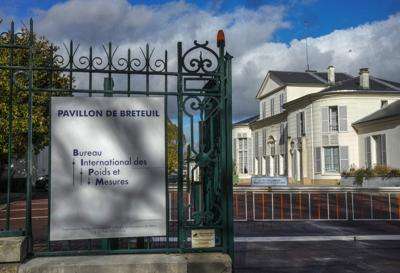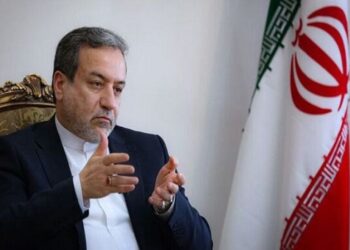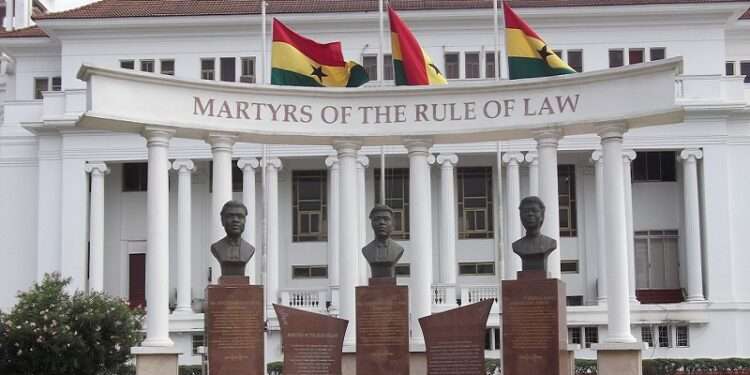Scientists have expanded the world’s measuring unit system for the first time in this century. Four new prefixes namely; ronna, quetta, ronto and quecto have been confirmed by vote.
Dr. Richard Brown, head of Metrology at the U.K.’s National Physical Laboratory, proposed four new prefixes to be added to the unit system. He presented the new prefixes to officials from 64 nations who are attending the General Conference on Weights and Measures in Versailles, outside of Paris.
New prefixes in the International System of Units have been approved, ushering in ronto and quecto for tiny numbers and ronna and quetta for very large numbers, like the amount of data on internet servers.
Rapid scientific advances and immense worldwide data storage on the web, in smartphones and in the cloud created the need for the terms used to measure things in weight and size to be expanded.
The last expansion to this naming system was in 1991, when numbers with 21 or 24 zeros were given the prefixes zetta (1021) and yotta (1024) for the very large quantities and zepto (10-21) and yocto (10-24) for the smallest quantities.
There were few reasons to use them at the time, but the surging amount of data generated by the internet makes them more useful now. Amount of information is projected to hit 175 zettabytes by 2025.
“Most people are familiar with prefixes like milli- as in milligram. But these are prefixes for the biggest and smallest levels ever measured. In the last 30 years, the datasphere has increased exponentially, and data scientists have realized they will no longer have words to describe the levels of storage. These terms are upcoming, the future.”
Dr. Richard Brown
What Each Prefix Stands For
“Ronna” is a prefix for a number with 27 zeros and “quetta” is a prefix for a number with 30 zeros. These are prefixes for large numbers.
Their smaller counterparts are the “ronto” which represents 27 zeros after the decimal point, and the “quecto” which is 30 zeros after the decimal point. These are for representing the smaller numbers needed for quantum science and particle physics.
Dr. Brown expounded how the new names were not chosen at the dictates of chance. The first letter of the new prefixes had to be one not used in other prefixes and units.
“There were only the letters ‘r’ and ‘q’ that weren’t already taken. Following that, there’s a precedent that they sound similar to Greek letters and that big number prefixes end with an ‘a’ and smaller numbers with an ‘o.’”
Dr. Richard Brown
Brown said the new terms also make it easier to describe things scientists already know about.
The mass of an electron is one rontogram and a byte of data on a mobile phone increases the phone’s mass by one quectogram.
Further from home, the planet Jupiter is just two quettagrams in mass. While, “the diameter of the entire observable universe is just one ronnameter,” Brown stated.
Brown commented, “It was high time. (We) need new words as things expand.” “In just a few decades, the world has become a very different place,” he added.
The conference, which takes place every four years in France, is the supreme authority of the International Bureau of Weights and Measures. The new terms take effect immediately, marking the first time since 1991 that new additions have been made.
READ MORE: TUTAG Declares Indefinite Strike





















